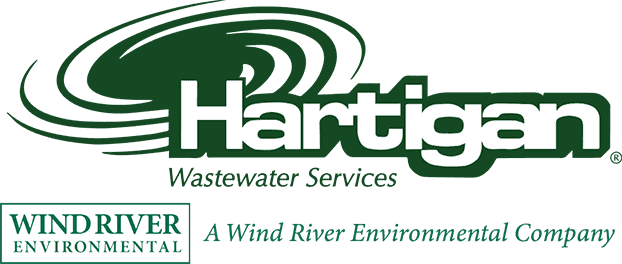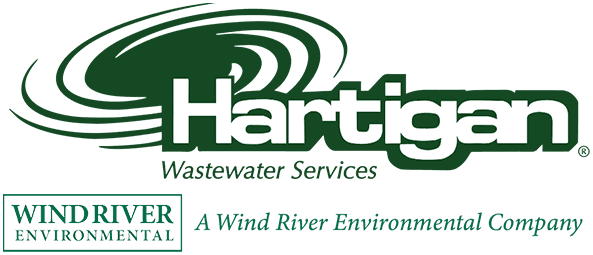Your home's septic system is a critical, yet often overlooked, component of your property's infrastructure. It efficiently manages and treats wastewater, ensuring that harmful contaminants are separated and filtered before the clean water returns to the environment. However, like any system, septic tanks can experience emergencies that can be messy, inconvenient, and potentially hazardous. When disaster strikes, knowing how to respond promptly and effectively can make all the difference. In this blog, we'll explore common septic system emergencies and the steps you should take to mitigate the damage and protect your home.
Signs of Septic System Emergencies
Understanding the red flags of a septic system emergency can help you take preventive measures before it escalates into a full-blown disaster. Watch out for these signs:
1. Sewage Backup: If sewage starts backing up into your sinks, bathtubs, or toilets, it's a clear indication that something is wrong with your septic system.
2. Foul Odors: Persistent foul smells, especially around your yard or the drain field, suggest a possible septic system issue.
3. Slow Draining Fixtures: Slowly draining sinks, showers, or bathtubs could be a sign of a clogged or failing septic system.
4. Lush, Green Patches: While it might seem pleasant, unusually green and lush grass over your drain field could indicate that the system is leaching wastewater too quickly.
5. Gurgling Sounds: Gurgling sounds coming from drains could imply a blockage or inadequate venting in the septic system.
Steps to Take During a Septic System Emergency
If you notice any of the signs mentioned above, it's crucial to act quickly and follow these steps:
1. Avoid Flushing or Draining: Stop using any plumbing fixtures immediately to prevent further backup or overflow. Flushing toilets or running water can worsen the situation.
2. Turn Off Water Sources: Shut off the main water supply to your home to prevent additional wastewater from entering the septic system.
3. Avoid Harsh Chemicals: Refrain from using strong chemicals or drain cleaners, as they can harm the septic system's delicate balance of bacteria and exacerbate the issue.
4. Stay Safe: Sewage contains harmful pathogens, so avoid direct contact with any contaminated water. Wear protective gear, such as gloves and boots, if you need to access the septic tank area.
5. Locate the Septic Tank: Know the location of your septic tank and drain field to facilitate quick troubleshooting by professionals.
6. Contact a Professional: Once you've taken initial precautions, call a licensed septic system professional immediately. They are trained to handle emergencies and can diagnose the problem accurately.
7. Inform Household Members: Make sure everyone in your household knows about the emergency and the measures they need to take to avoid using plumbing fixtures until the issue is resolved.
Preventive Measures
While emergencies can happen unexpectedly, there are several preventive measures you can take to reduce the likelihood of a septic system disaster:
1. Regular Maintenance: Schedule regular septic system inspections and pump-outs as recommended by professionals. This helps ensure that your system is functioning optimally and prevents potential issues.
2. Be Mindful of What Goes Down the Drain: Avoid flushing non-biodegradable items, grease, oil, and chemicals down the drain. These substances can clog the system and disrupt the natural breakdown of waste.
3. Conserve Water: Excessive water usage can strain your septic system. Install water-saving fixtures and be mindful of water consumption.
4. Protect the Drain Field: Avoid driving or parking vehicles over the drain field, as the weight can compact the soil and disrupt the system's ability to absorb water.
A septic system emergency can be overwhelming, but with prompt action and professional assistance, you can minimize the damage and get your system back on track. Remember to stay vigilant for warning signs, take preventive measures, and have your system regularly inspected. By being proactive, you can ensure that your septic system continues to function efficiently and reliably, protecting your home and the environment for years to come.
If you find yourself in a situation where professional assistance is necessary, don't hesitate to contact Hartigan Wastewater Services. Our experienced technicians are equipped to handle septic system emergencies promptly and efficiently, ensuring your peace of mind.

